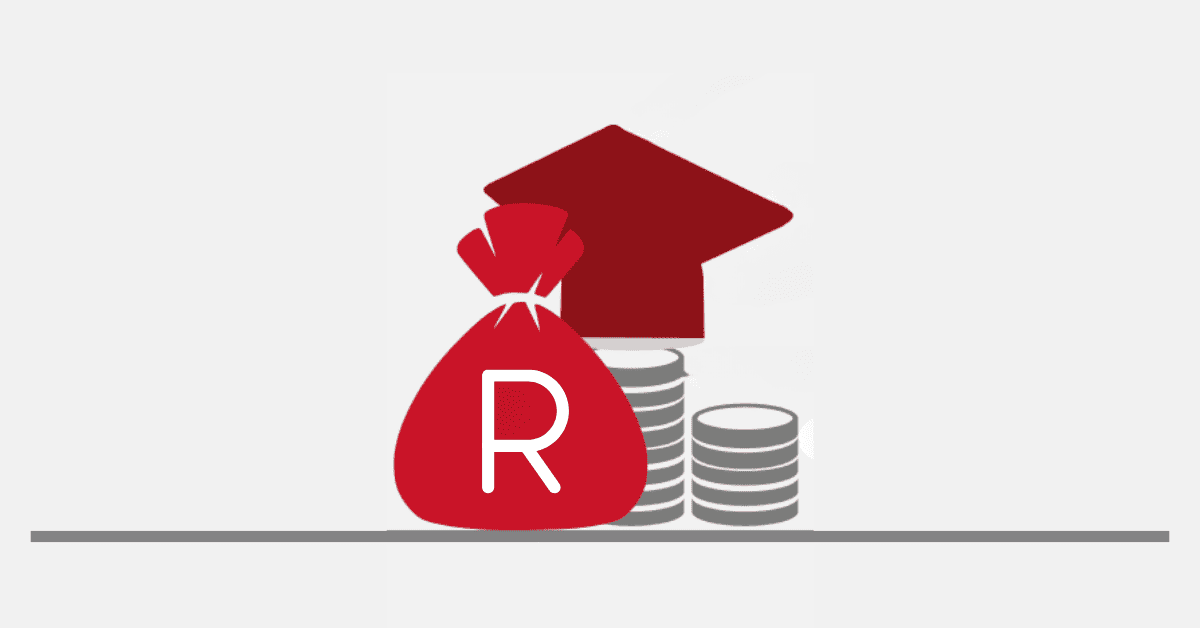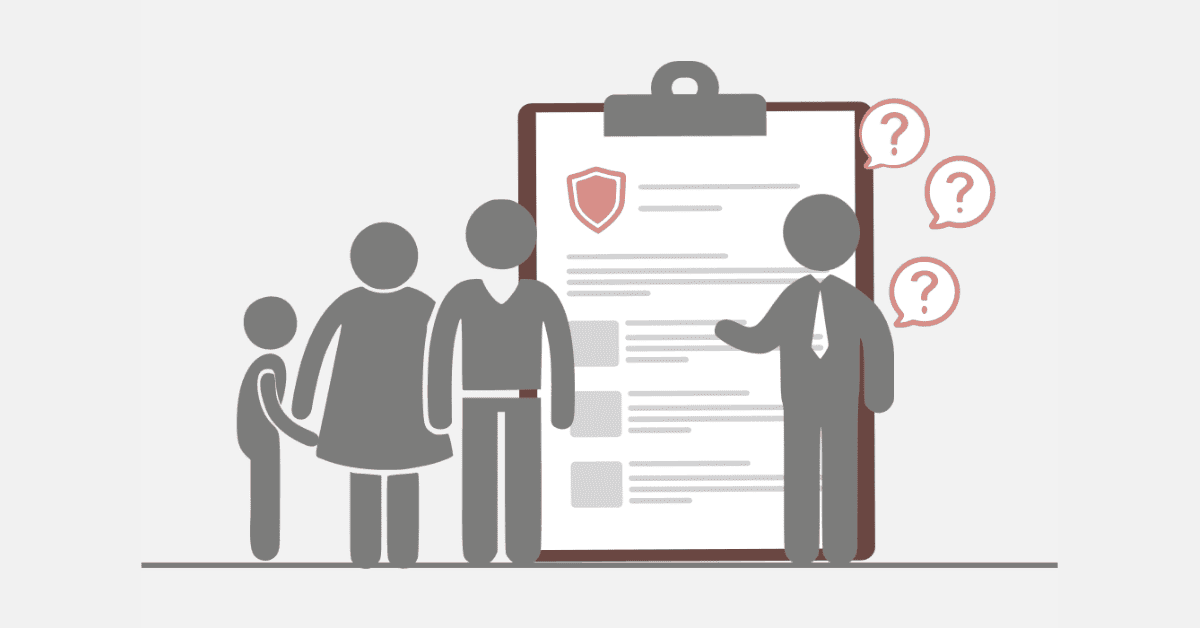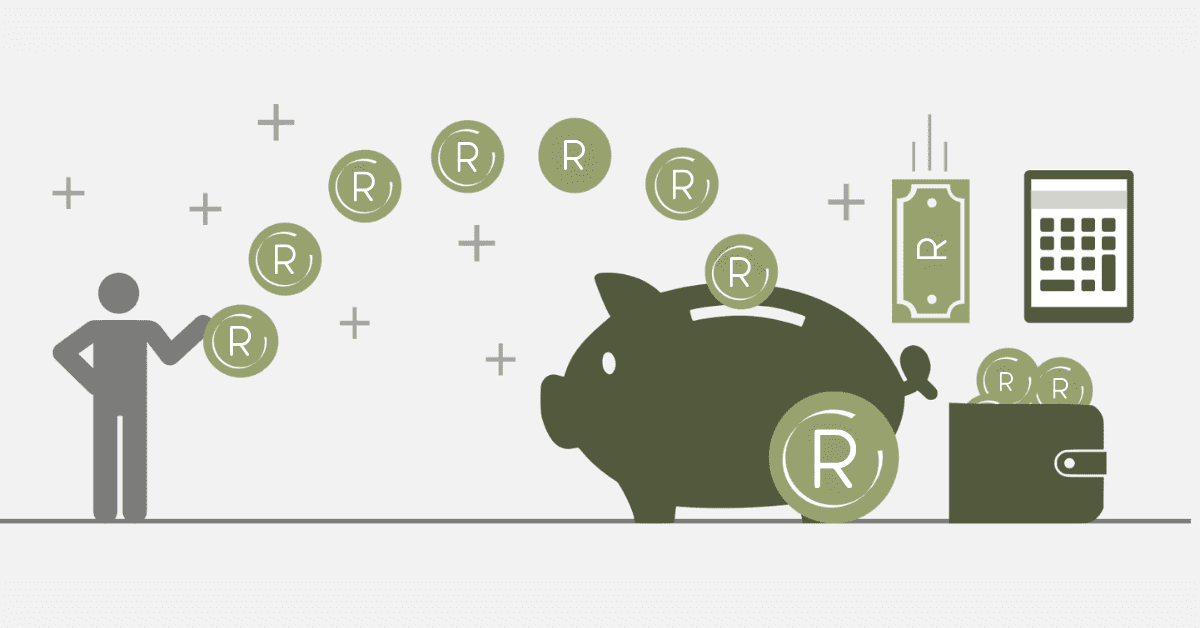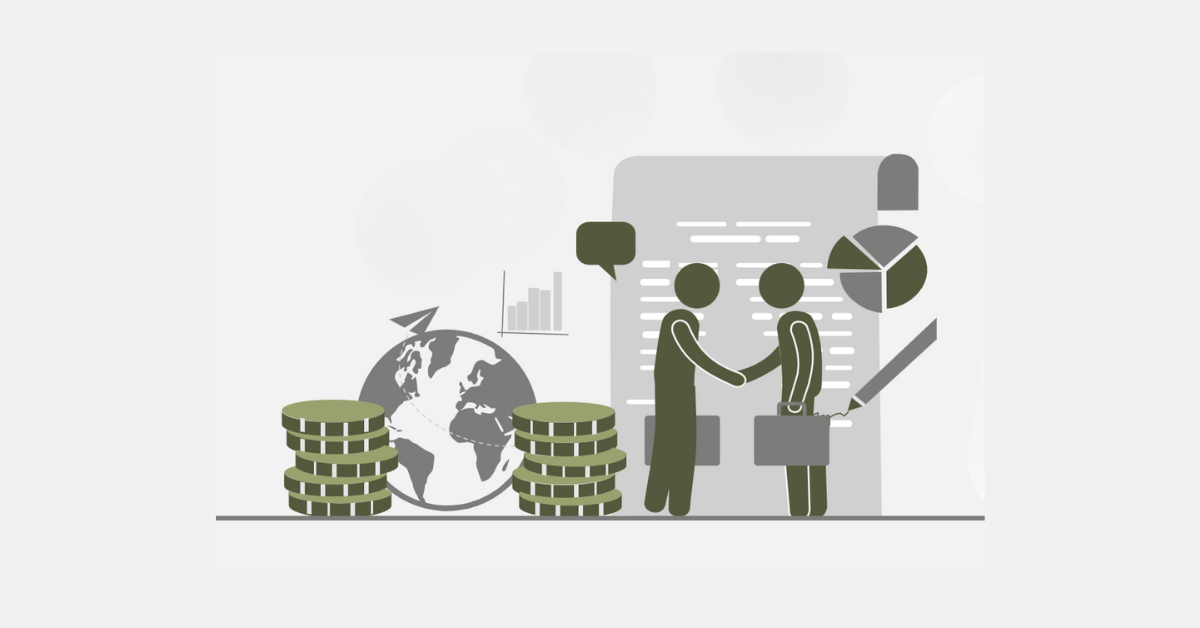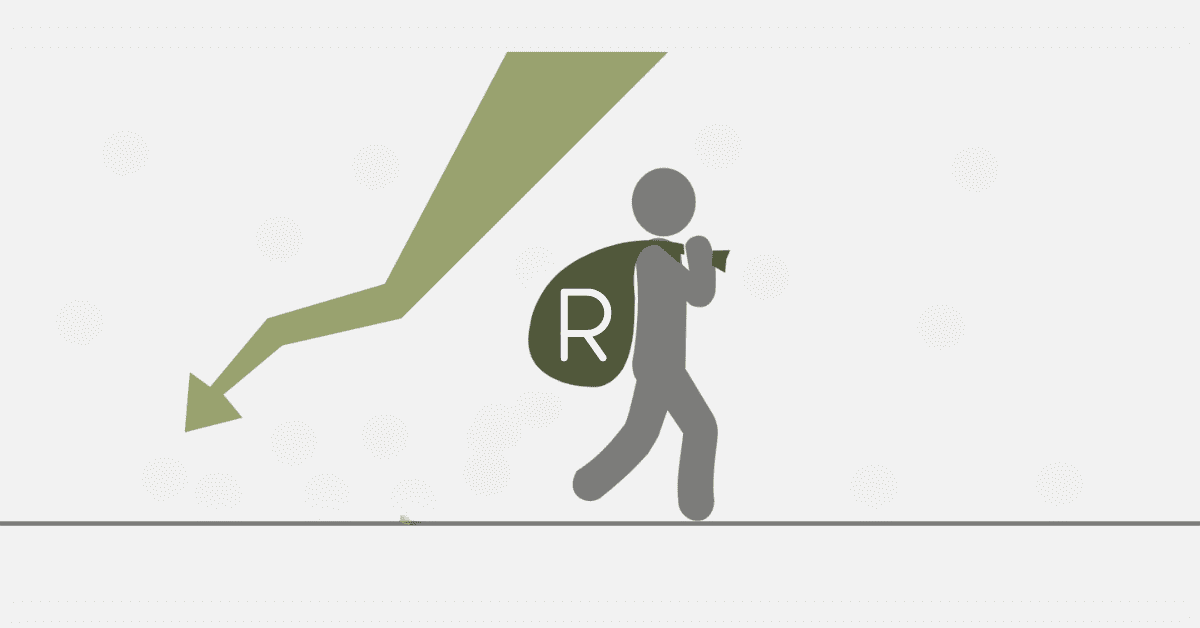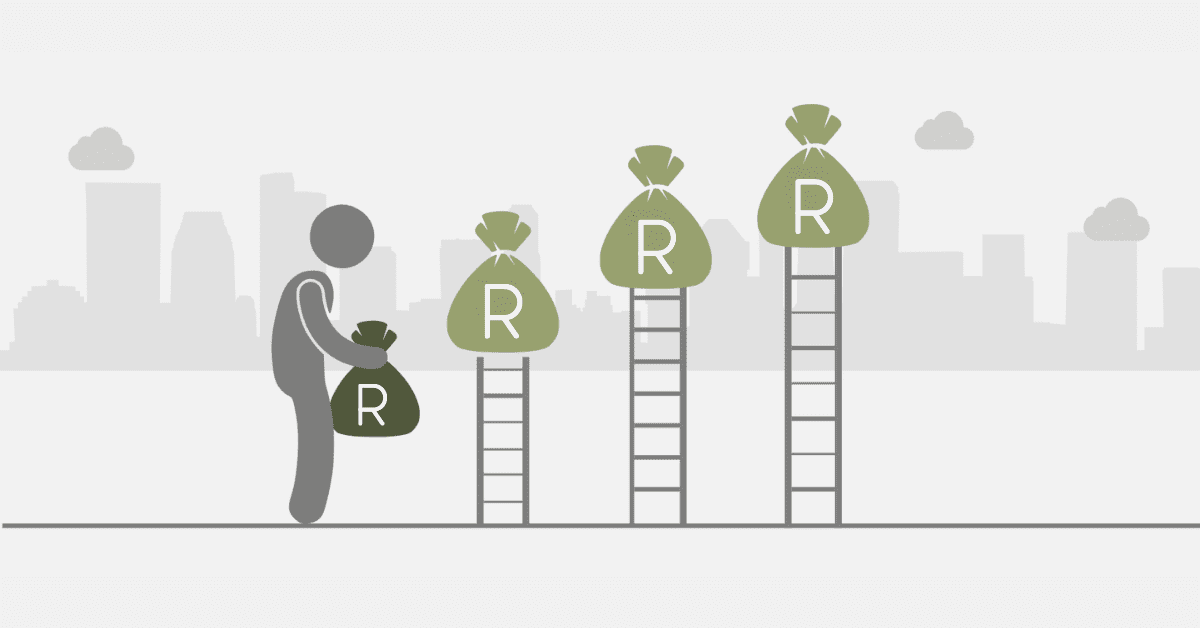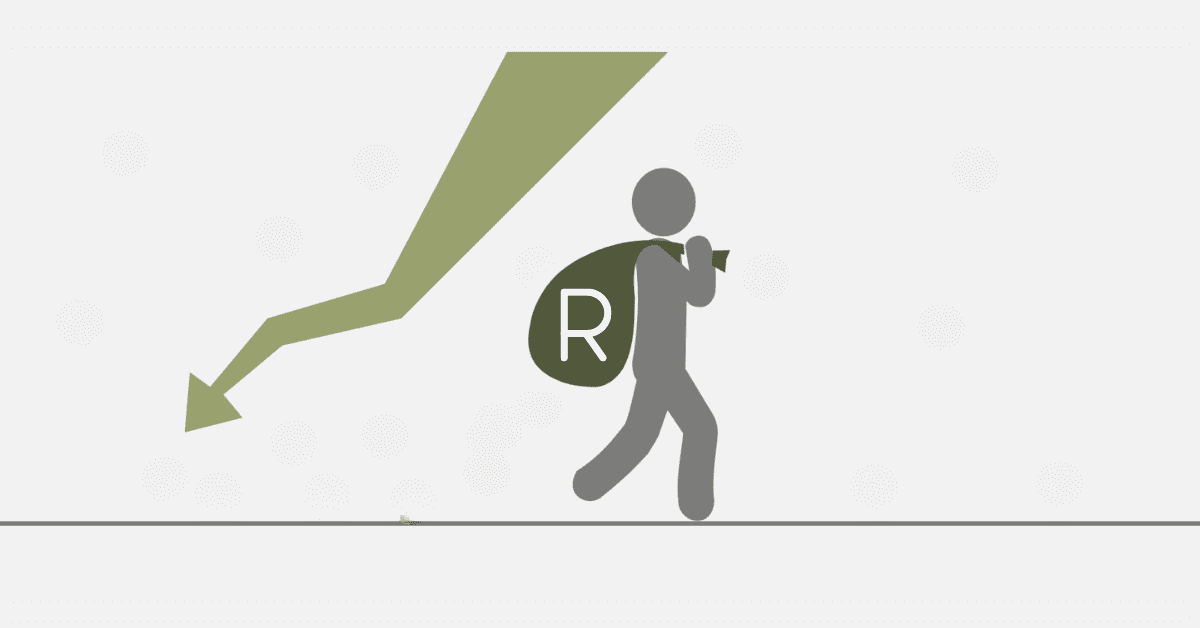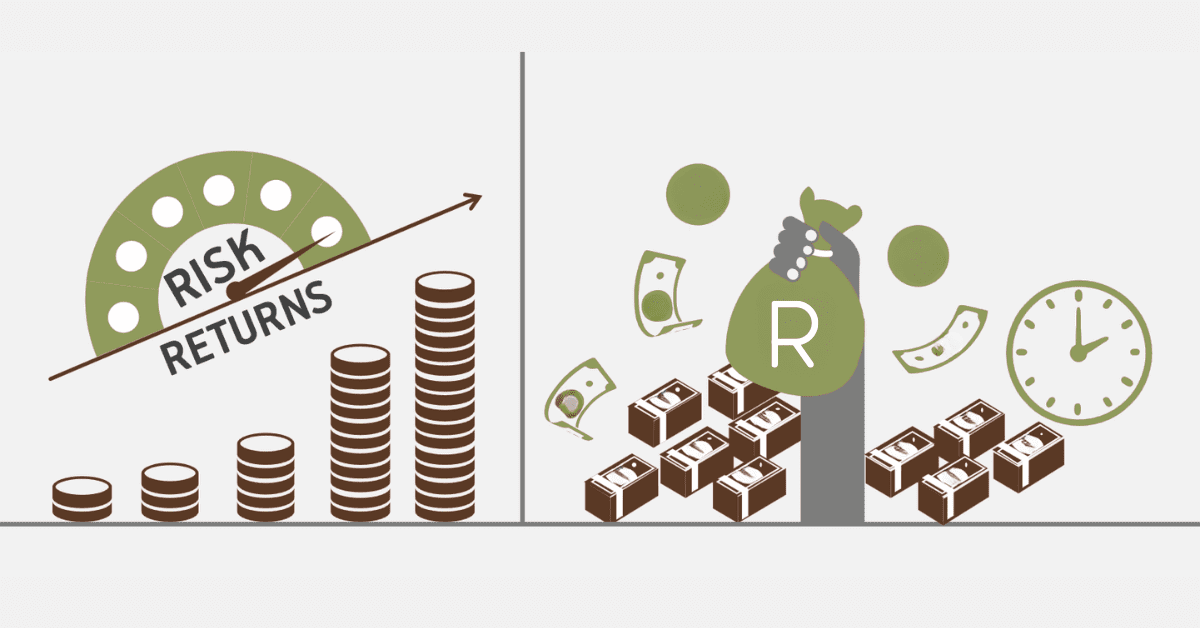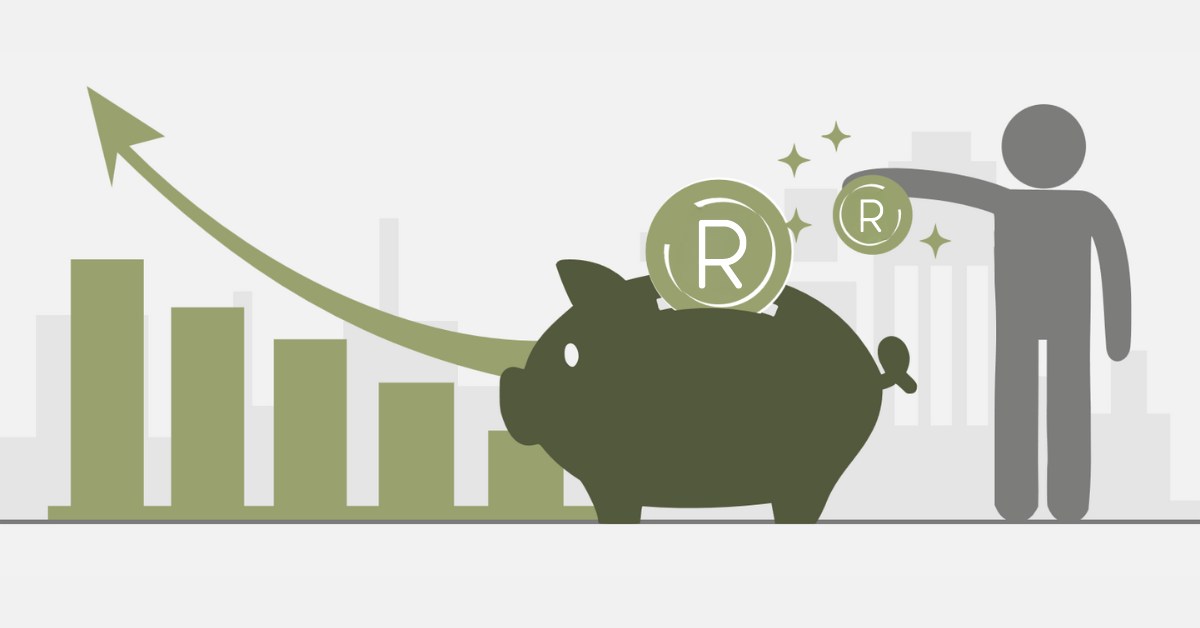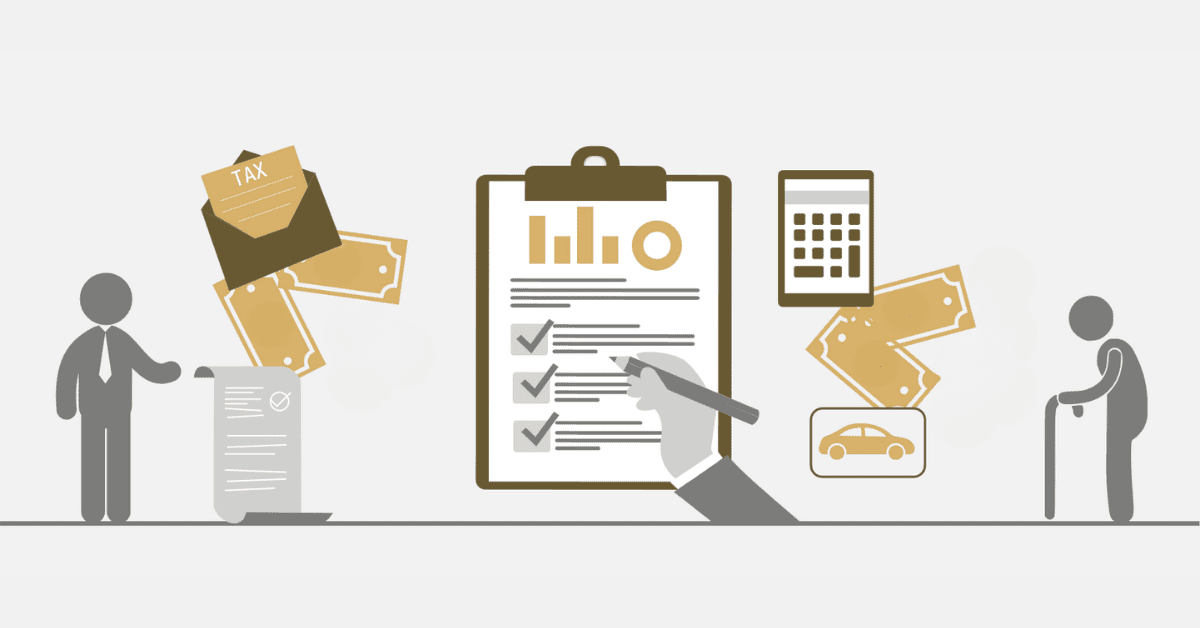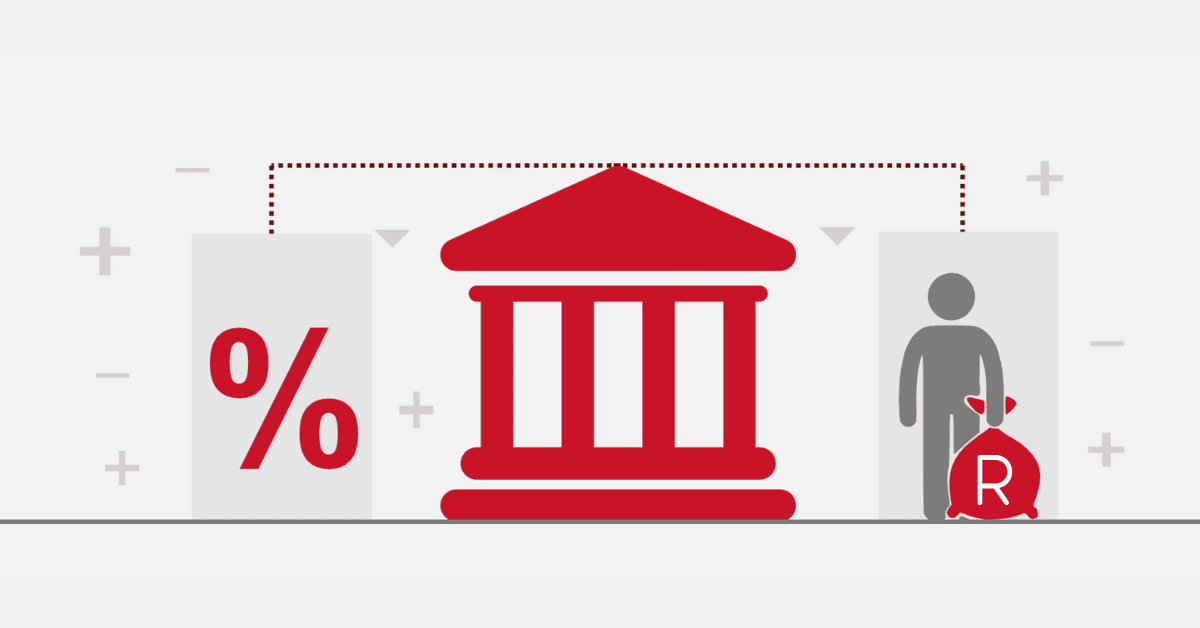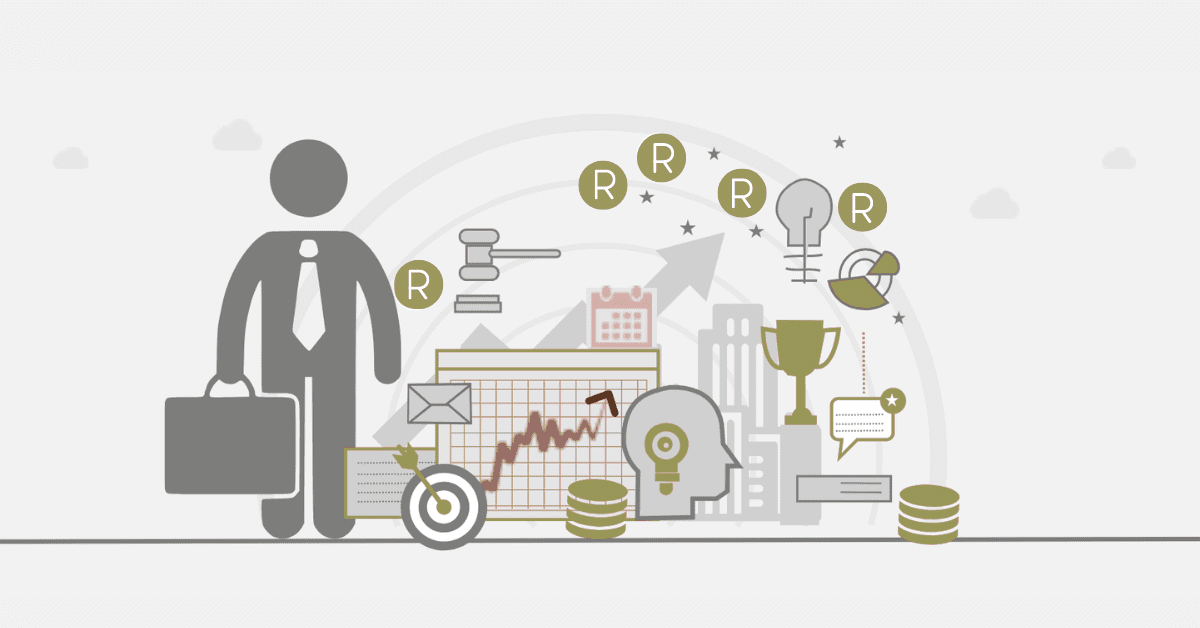We all have been known to hit rather Draconian financial times very hard. Nobody knows when an emergency might arise; before we know it, we are running around trying to figure out how to afford this extra expense. It could be a suddenly received medical bill, car breakdown, or even job loss. All these things can instantly reduce our savings to almost nil and cause stress. It is, therefore, imperative to plan for such shocks in South Africa, where the economic conditions sometimes get pretty volatile.
Effective management of financial emergencies will help a lot. This is not only to mitigate immediate stress but also to maintain long-term fiscal stability. Having a grip on strategies to handle such emergencies will help safeguard your monetary health and help you be better equipped against such unforeseen circumstances.
How to Handle Financial Emergencies
Don’t Make Rash Decisions
The instant one comes across a financial emergency; his first impulse is a panic attack. The decisions taken out of such panicked feelings could aggravate the problem. First of all, take a deep breath and observe calmly. Check how urgent and extensive the emergency is. Not all financial crises are so urgent, and some reactions, including selling off important assets or borrowing at usurious rates of interest, may have negative consequences for the long term instead. It’s not worth acting impulsively but in a measured way.
Seek advice from independent financial advisers or friends or family one can trust. Many services in South Africa give financial advice that could help and advise you concerning your situation. Consider the long-term effects of a decision in particular. High-interest sources can lead to spiraling debt that is difficult to break free from. Carefully weighing your options and seeking external professional advice is crucial. It helps you make more informed decisions that will help you manage emergencies without blowing off your long-term financial future.
Emergency Fund
Of course, one of the most efficient ways of dealing with financial emergencies is to have this fund. This money is a monetary cushion that allows one to cover unexpected expenses without going into credit card debt or loans. In SA, any fiscal advisor will recommend having this fund that caters to at least three to six months of living expenses. It takes much discipline and regular contribution to build up this fund.
Just start saving a small portion of your monthly income; it does not matter how small the amount is. These contributions will add up over time and then be there when you need them for whatever emergencies may arise in the future. Also, keep this money apart in a highly liquid account, such as a savings account, where you can reach it quickly in an emergency. Try to stay clear of dipping into this fund by all means for non-emergency purposes. By maintaining a dedicated emergency fund, you can navigate financial crises with greater confidence and stability, knowing you have a financial buffer to rely on.
Access Short Term Credit
While, in an ideal sense, one should fall back upon savings during times of financial emergency, sometimes one needs external funds to get by. In this case, availing of short-term credit makes good sense. South Africa has many options: personal loans, credit cards, and overdraft facilities. Know the general conditions and terms available under each credit product in terms of interest, the period taken to repay these loans, and other charges involved.
You should thus opt for the cheapest and most manageable credit option to avoid falling into the debt trap. For instance, a personal loan may be taken out with a fixed interest payout and other precise payoff schedules, making it easier to manage than credits that charge high interest. You must also examine credit options from peer financial institutions that come up with fair terms and are up-front regarding their fees. The responsible use of short-term credit will meet your needs in times of economic emergency. Still, simultaneously, you must be sure of how to repay the amount borrowed to avoid continuous, long-term financial strain.
Insuring Yourself
Insurance as a factor is an inseparable part of financial planning. It can be extremely helpful in getting relief during emergencies. Health insurance, for example, pays for medical expenses if an unexpected health problem occurs, reducing the financial shock on your savings account. This likewise applies to car insurance, which might pay for repairs if the vehicle gets involved in an accident. In South Africa, many insurance products can help an individual protect himself from various risks.
It is, therefore, pivotal to assess your risks and ensure adequate cover where necessary. For example, life coverage caters to your family in the event of death. In contrast, disability coverage replaces your income when you cannot work because of injury or illness. This is why it’s crucial to continue reviewing the related policies occasionally. Doing this ensures they still conform to one’s needs and remain adequate regarding the coverage given. Proper insurance protection can help you deal with financial crises and save you and your family from major financial devastations.
Plan for the Next Emergency
After having navigated a financial emergency, reviewing your experience in planning for other potential financial crises would be imperative. Determine what worked fine and what did not in your response. Use that information to shore up your financial preparedness. Keep building and re-loading the emergency fund to remain solid and absorb some future unexpected shocks. Also, think of other streams supporting your livelihood to avoid depending on one stream. This will offer the chance of more financial stability and flexibility in spending in case of emergency bumps or a significant shake in life.
You have to check your financial goals and strategies from time to time so you may keep track and bring on board some changes as required. Knowing what is happening in South Africa, being prepared for an economic downturn, or knowing potential dangers can help in the preparation efforts. Strengthening your financial resilience toward assisting you in taking up whatever comes your way can be done by taking lessons learned from past experiences and acting ahead in planning for the next disaster.
Final Thoughts
Good handling of financial emergencies demands preparation, careful decision-making, and using available resources. By avoiding impulsive decisions, having an emergency fund, responsible access to short-term credit, personal insurance cover, and strategies against future emergency risk factors, you will be able to sail through any crisis of a financial nature with much more confidence and stability. In South Africa’s case, they are essential to good health and financial security due to the turbulent economic conditions prevailing.
